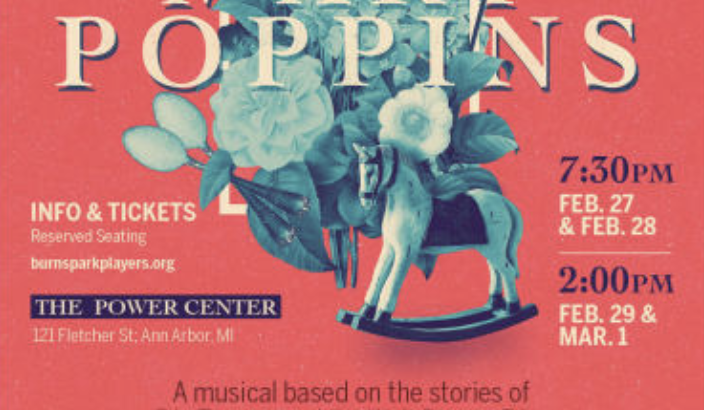Have you ever had your stomach hurt from laughing so hard one second and then holding your breath, trying not to cry the next second? That was me Friday night as I sat in the Arthur Miller Theatre, a room completely tense and enraptured as it awaited the judgment on Judas Iscariot — a traitor, a follower, a son, an enemy, a friend, a betrayer, a human.
I read The Last Days of Judas Iscariot in my creative writing class last semester, so I already knew how good this play was. Stephen Adly Guirgis’s ability to craft a work that is simultaneously light and heavy is a marvel in of itself, and one I greatly appreciated when I studied it.
However, I was not prepared for SMTD’s production of this play. This 18-person cast found itself waddling through a script as dense as osmium and managed to give the theater a collective headache that was frequently alleviated with the hearty laughter that this play relies on to carry its extremely deep message.
As a contemporary play, the updated references from 2005 in the script, as well as the wardrobe and music choices, brought a fresh take on this still-relevant work that is religious in every aspect and completely more than religion at the same time.
Everyone put their heart, mind, and soul into their character, and their dominant presence on the stage made the stage disappear and brought these characters to life. They nailed every monologue (and boy, were those some monologues!) and beat and intricate detail of a personality that made each character unique.
In purgatory, we catch glimpses of complex souls and the competing narratives of stories and the duality of humanity. The dynamic between the short-tempered judge struggling to find his truth and the incompetent and innocent bailiff struggling to find an acceptable case for the judge was hilariously captured by Ben Ahlers and Josh Strobl as Strobl ran around trying to appease the demands being barked at him.
The courtroom atmosphere was enhanced by the questioning that the condescending, flirtatious El-Fayoumy and the cold, determined Cunningham intensely fired back and forth. Alexander Sherwin made me comically uncomfortable with his over-the-top approach to law and flattery, and Kat Ward’s command of the courtroom in his presence was a victory for all women. Speaking of women — Mikaela Secada completely dominated the fierce and sassy Saint Monica, and her scene is a beautiful example of the complexity of the nature of emotions an individual can harbor, her nagging attitude and honest compassion making her monologue surprisingly and ultimately human.
The penultimate scene with Judas and Jesus is heartwrenching. As Liam Allen and Mason Reeves explored the depths of despair in a plea just imploring for love and forgiveness, I felt my heart stop and time froze as the pure emotions being displayed on the stage was too much and too real. Allen and Reeves completely nailed this powerful moment, and their sincerity and intensity made this play that much harder to watch and grapple with — which is a testimony to the entire cast’s talent and ability.
We make our own choices. And those choices inherently include sins. What we do with those sins — the emotional acceptance necessary of our actions — is also up to us. If anything is to come afterward, we must first be able to forgive ourselves and believe in ourselves before we can look around for forgiveness from others and believe in others.
I could go on and on about this production and the cast and crew, but I recommend you go see it for yourself. This authentically raw performance by SMTD is one that will forever be stuck in my heart as I continue to wrestle with the moral, philosophical, theological, and psychological problems this humorous and dramatic masterpiece poses and this cast so wonderfully performed .







